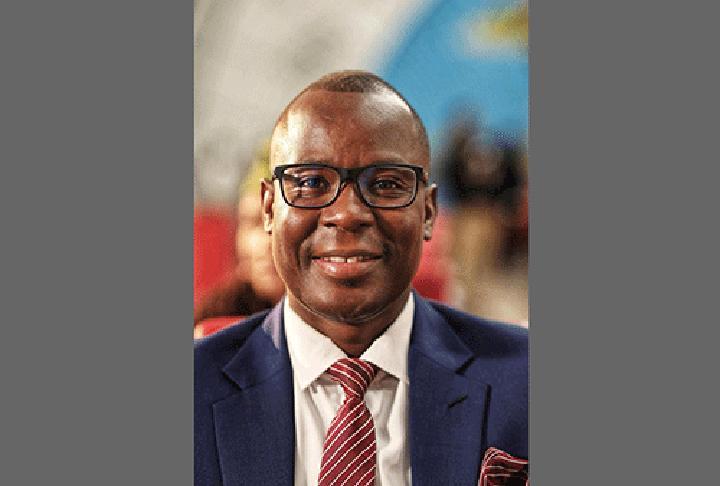Africa-Press – Namibia.
Kunene governor Vipuakuje Muharukua has unveiled an ambitious and transforming vision for the region, promising a shift from subsistence to sustainability, from potential to prosperity.
Delivering the State of the Region Address this week, the governor outlined concrete plans to modernise agriculture, expand mining and integrate rural communities into the mainstream economy. Central to the agenda is aligning with Namibia’s broader development goals under NDP6.
“We are no longer just a region of promise; we are becoming a region of progress and prosperity,” the governor said.
Despite its natural resources, Kunene remains among Namibia’s lowest in income per capita.
Muharukua highlighted that over 63% of the region’s population resides in rural areas, often disconnected from commercial activity due to low literacy levels and poor infrastructure.
“Currently, only 2.3% of Namibia’s registered businesses operate in Kunene, with the majority centred in urban areas like Outjo and Opuwo Urban,” he emphasised.
The governor announced a groundbreaking initiative to register 5 000 commercial entities through Business Intellectual Property Authority, targeting rural communities to address this disparity.
He explained that this simple strategic move will inject thousands of households into the mainstream economy. He urged all informal business operators to engage their councillors and participate.
Muharukua acknowledged the challenges posed by drought and an unpredictable livestock-based economy.
He laid out plans to modernise the agricultural sector, such as the construction of the Kunene climate resilience and agricultural dam to be named the Netumbo Nandi-Ndaitwah Centre for Climate Resilience, to boost irrigation and climate-smart agriculture.
This dam is expected to employ around 1 500 youth and support a shift to high-value drought-resistant crops like millet, legumes, and sorghum using modern techniques such as drip irrigation and rainwater harvesting.
The governor also outlined PPP-led food production hubs with Outjo as a processing centre. It is expected to absorb over 600 youth, promote food security and commercialise farming efforts through value chains in poultry, cereals and horticulture, all backed by dedicated government funding.
Muharukua cited massive investments from the central government, including over N$26 million in geological mapping and surveys.
“Kunene is not just sitting on land; it sits on copper, tin, iron ore and precious stones. We are the next face of mining in Namibia, he asserted.
The governor also revealed that a trip facilitated by the Ondore Traditional Authority to China could yield a US$50 million investment for mineral processing factories.
He explained that these factories are projected to employ 1 600 youth and ensure that raw minerals are processed locally, delivering on the government’s promise of value addition.
The governor stressed that true prosperity cannot happen without inclusive participation. From ensuring each of Kunene’s eight traditional authorities has a registered commercial entity to fostering youth employment, the vision is clear: economic empowerment from the grassroots up.
For More News And Analysis About Namibia Follow Africa-Press






